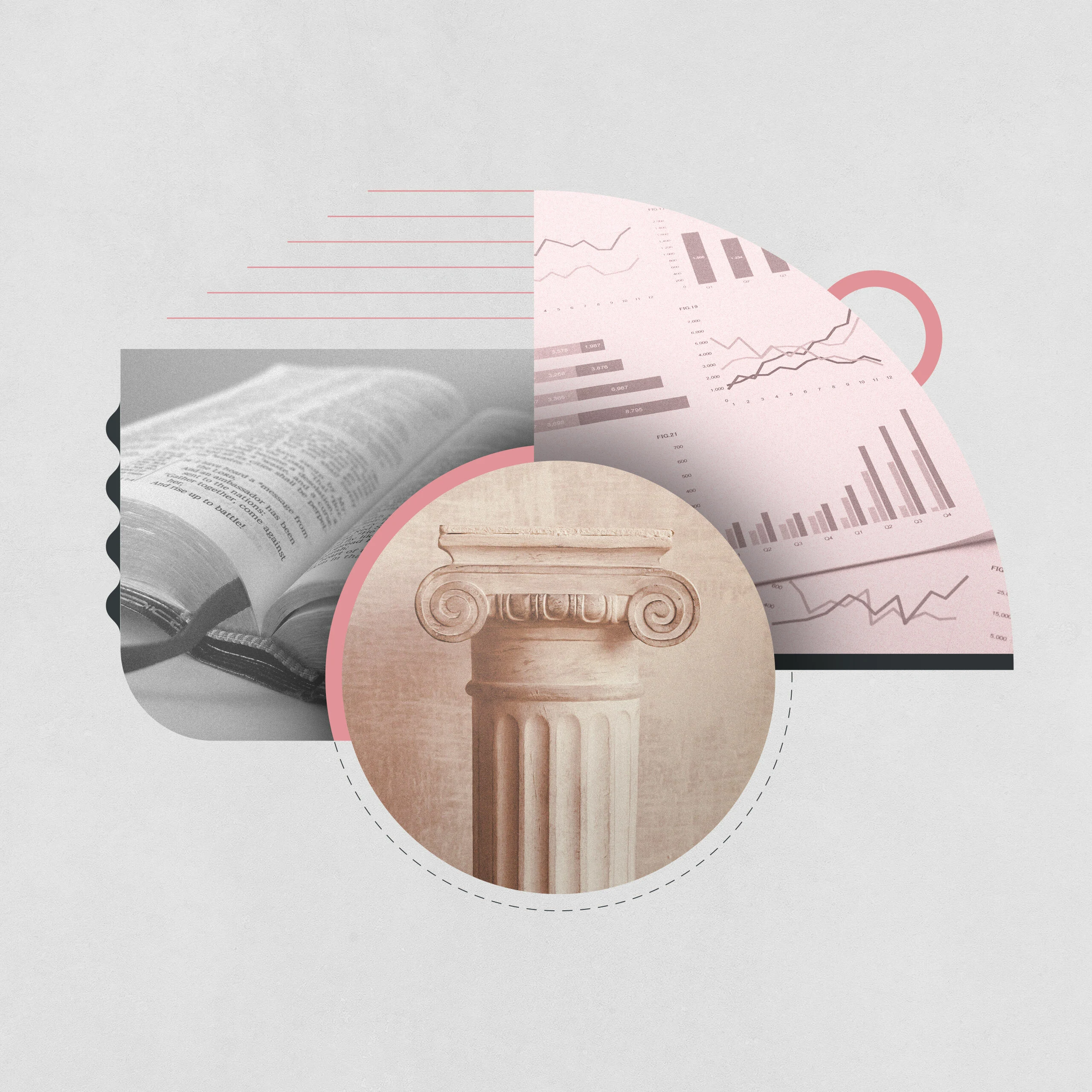By Whose Authority?

One of the most significant questions you’ll ever ask is: By whose, or by what, authority? The answer given makes all the difference in the world because the authority you follow impacts nearly every choice you make. This is true of individuals and it is true of societies.
In 1644, Samuel Rutherford published a book of political philosophy titled Lex Rex. The title is not in the form of a question, but it easily could be. Rutherford was putting before his readers this exact question of authority. Is the king, rex in Latin, the authority? Or is it the law, lex in Latin? In 1644 in the United Kingdom, the setting of the book, the stakes could not be higher. The book advocated the rule of law as a check on absolutism, as a way to hedge against the tyranny of an individual, the overreach of the monarch. The book paved the way for John Locke’s political philosophy, which in turn paved the way for the American experiment, an experiment in a constitutional democracy. This all started with a question. Who is our authority? Rex or lex?
We face this question of authority every day in our own lives. We have choices put before us, some of little consequence, some of great consequence. What guides us in those choices? How do we know what is the true, what is the just, what is the beautiful? How do I frame my life?
And, as already mentioned, this question applies to societies and to cultures. What authority will we as a group follow as we decide on the true, the good, and the beautiful? This is not a new question. Rather, it is an ancient one, as old as the garden and as old as the conversation between Eve and the serpent.
In The State of Theology study for 2016, we wanted to explore this question of authority and to find the beliefs of Americans on the standard they use to determine the true, the good, and the beautiful. We framed the statement this way: “Modern science discredits the claims of Christianity.” Like Rutherford’s book, this statement offers two choices. One could either follow modern science or one could follow the truth claims of Christianity as found in Scripture.
44% follow modern science, 40 percent disagree, and another 16% are not sure. It is a slim majority, but it is a majority nevertheless. In a democracy, a slim majority is all you need.
This statement has been a significant issue in American culture for over a century now. At the beginnings of the twentieth century, the cultural issue that challenged the church came from the hard sciences, from Darwin’s alternative of origins to that found in the opening chapters of Genesis. The question was clear: modern twentieth century science or Genesis? The answers to that question set off three decades of contention and debate both within the church and without. Historians refer to it as the fundamentalist and modernist controversy. The controversy reached its zenith in the hot summer months of 1925 in a courtroom in Dayton, Tennessee, as all eyes were on the Scopes Monkey Trial.
The challenges from the hard sciences continue in these opening decades of the twenty first century. They are met, however, with new challenges emanating from the social sciences. The question here is not so much about origins as it is about identity. Gender identity. Sexual identity.
The “Scopes Trial” of our moment is Obergefell v. Hodges, before the US Supreme Court in 2015, as well as the cacophony of “bathroom cases” being tried in courts of all levels across America. Is gender a social construct? Is marriage a fluid term? Scopes in 1925 and these cases in the 2010s show us that Americans have chosen to reject an ancient authority, following instead the drumbeats of contemporary opinions.
What authority you follow will have everything to do with how you answer these questions—and these are crucial questions in our time. Of course, these aren’t the only questions we must ask. Who is God? Who are we as human beings? Who am I? Make no mistake about it, the implications to these questions have everything to do with the choices we make and the lives we live.
What we learn from The State of Theology not only helps us understand what we are seeing, the descriptive. What we learn from this survey also points us in the direction we ought to go, the prescriptive. We must never shy away from or be embarrassed for following an ancient authority.
Jonathan Edwards once said, “The wisdom of God was not given for any particular age, but for all ages.” That’s true. The implication is also true, and Edwards draws out the implication for us when he adds, “It surely therefore becomes us to receive what God reveals to be truth and to look upon His word.”
As we think through the crucial question, By whose authority?, may we not be tempted to follow the sirens of our age, but may we look to the ancient and abiding wisdom of God revealed once and for all in His holy Word.
This article is part of the State of Theology collection.


